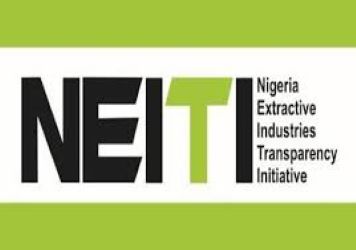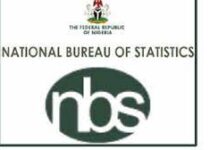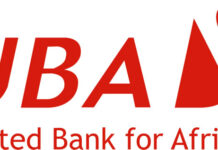The Nigeria Extractive Industries Transparency Initiative, NEITI has disclosed plans to undertake studies that will ascertain the actual volume of fuel consumption in Nigeria, including one other study area which aims to establish transparency in the utilization of 13% derivation by host communities in the oil producing areas of the nagger delta states of Nigeria.
Speaking during a presentation at a consultative forum with civil society and the media in Abuja, the Executive Secretary, NEITI, Dr Ogbonnaya Orji, said the study would help determine if the states were getting their fair share of the revenue.
The event also afforded the executive secretary the platform for NEITI to present a ‘Status Report’ on EITI implementation in Nigeria, seek wider inputs and views of civil society and define the way forward.
Orji while giving further details on the planned study, said currently, there are no available data to actually establish how the 13% derivation for host communities is utilised in the interest of the people, noting that the study seeks to establish, whether the benefitting states are actually getting the real percentage granted by law, while also seeking to establish, whether the federal government on it’s part, is giving the states, what they should be getting.
Orji Ogbonna Orji, who acknowledged likely push back from interest groups, who may not buy into the idea of the planned study to ascertain the true volume of premium motor spirit consumed in Nigeria, noted that the Nigeria Extractive Industries Transparency Initiative remains undeterred in it’s quest to ensure transparency and accountability, in the nation’s oil and gas sector .
According to him ‘the planned research would also assist the organisation in finding out if the government was paying what they should to the beneficiaries as well as provide critical data required to monitor how much is being allocated monthly to oil-producing states and their management.’’
‘While operators in the sector say the volume of petrol leaving the depots are known, however the actual consumption figure remains a subject of controversy.’’ On the other hand, there is a public perception that the statutory 13 per cent derivation handed out to oil-producing states monthly is largely shrouded in secrecy.’ He stated
Orji said: “It’s a special report we are commissioning this year alongside the oil and gas report. We are also commissioning a study on the actual PMS consumption in Nigeria. It is an independent report to establish the quantity of fuel Nigeria consumes and its costs, it will be used to manage the sector as subsidy is removed.”
While speaking on the purpose of the dialogue with civil society groups, the Executive Secretary, said the idea, is to abreast the various Cso’s with development on the implementation of the EITI forecast report on ensuring transparency and accountability in the extractive industries, among member countries within the global space, Ogbonna Orji who also gave developments in government, during his remarks, said the Nigeria extractive industries transparency initiative, made inputs in the handover notes to President Bola Tinubu, where some key policy advisories, which include cost of fuel subsidy, the way forward for the nation’s oil and gas sector , amongst other policy advisories were handed to the new administration, through the office of the secretary to the federation, and that of the office of the senate president.
In other matters, the executive secretary noted that NEITI received the EITI draft validation report of Nigeria’s progress in implementation, reviewed the draft report and had sent its comments to the EITI.
“The final report is being awaited from the EITI,” he stated.
Also he noted that with the recent dissolution of the National Stakeholders’ Working Group, NEITI was making a strong case to government to exempt it from dissolving all the federal boards, citing the existing framework and peculiar nature of NEITI operations.
According to him, the process for the conduct of the 2022-2023 industry reports has commenced with the reconciliation and update of all data and information on financial liabilities, including outstanding revenue remittances to the federation.

























